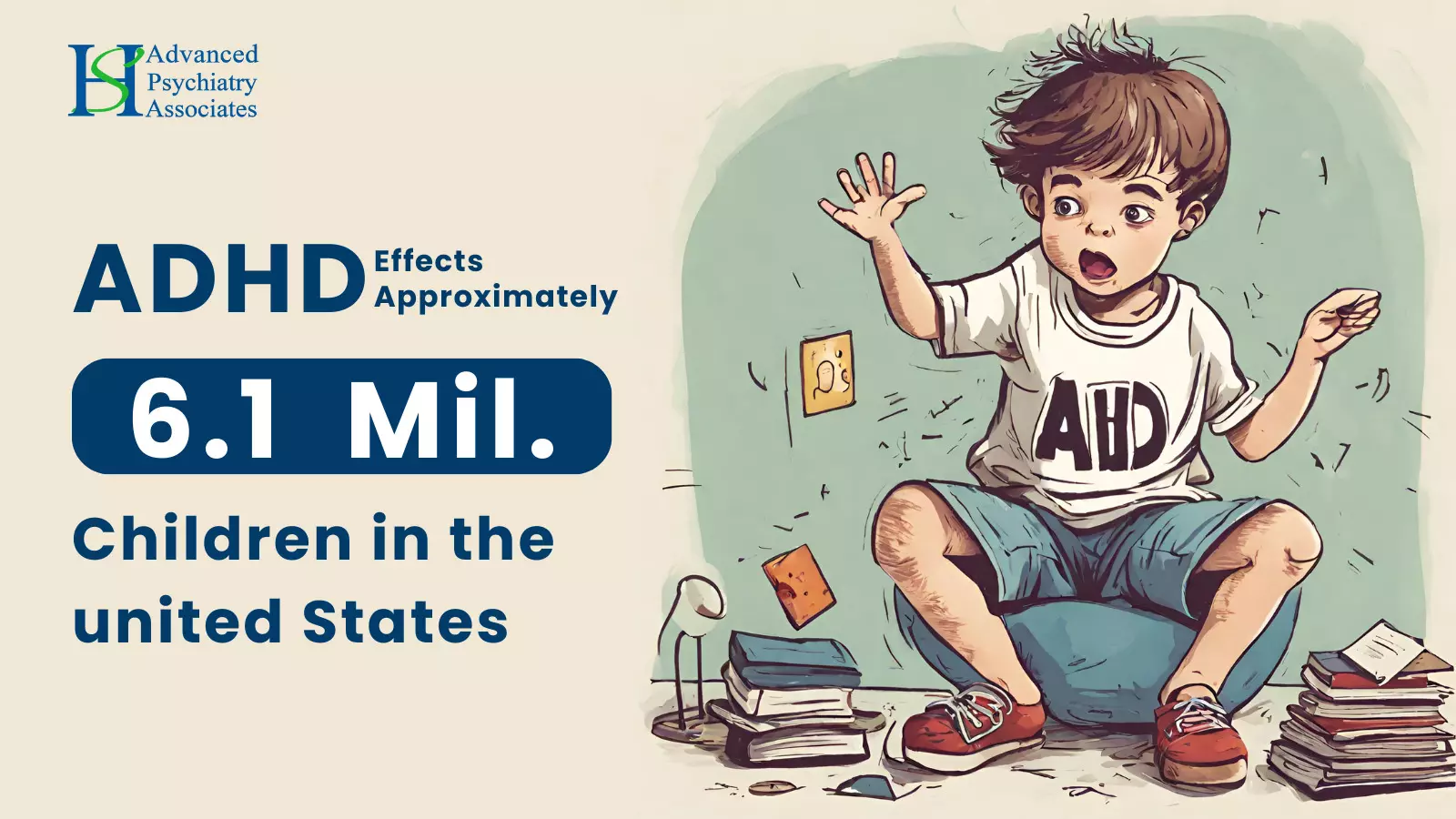Understanding ADHD and Its Impact on Daily Life
Attention-Deficit/Hyperactivity Disorder (ADHD) is a neurodevelopmental disorder characterized by a pattern of behavior that can include difficulty in maintaining attention, hyperactivity, and impulsiveness that is not consistent with a person's developmental level. ADHD specialists recognize that this condition is not a result of laziness or a lack of intelligence but rather a difference in how the brain processes information and stimuli.
- ADHD Diagnosis: Diagnosing ADHD typically involves an evaluation by a qualified healthcare provider, such as a psychiatrist or psychologist. They may use various tools, including ADHD-specific questionnaires, behavioral assessments, and possibly neuroimaging tests.
- Role of ADHD Therapists: ADHD therapists, including psychologists, counselors, and social workers, specialize in helping individuals manage the symptoms of ADHD. They employ techniques such as cognitive-behavioral therapy (CBT) to aid individuals in developing coping strategies and behavioral interventions.
- ADHD Counseling: Counseling for ADHD can provide valuable support, helping to manage symptoms such as disorganization, time management difficulties, and social challenges. ADHD counseling may involve one-on-one sessions or may take place in group settings.
1: The ADHD Mind and Its Battles with Clutter
Understanding how ADHD affects an individual's interaction with their environment is crucial. People with ADHD often struggle with executive functions, which can include organizing, prioritizing, and sustaining attention to tasks. Clutter, a common symptom of this struggle, can quickly accumulate, leading to increased anxiety and a feeling of being overwhelmed.
Navigating ADHD Diagnosis and Counseling
1. Early Recognition: Recognizing signs of ADHD early can lead to better management strategies. Common symptoms include inattention, hyperactivity, and impulsivity, which can vary widely among individuals.
2. Seeking a Specialist: An ADHD specialist can provide a comprehensive evaluation and diagnosis. This professional is often a psychiatrist or psychologist trained to distinguish ADHD from other conditions.
3. Counseling Benefits: ADHD counseling can help individuals understand their condition and develop personalized strategies to cope with daily challenges, including clutter management.
2: Overwhelmed by Clutter – The ADHD Dilemma
The presence of clutter is a tangible manifestation of the challenges faced by those with ADHD. Understanding the connection between clutter and ADHD is essential for effective management.
- Emotional Attachment and Clutter: Many with ADHD may have difficulty letting go of items due to emotional attachments or the thought that the items may be useful in the future.
- Impact on Daily Functioning: Clutter can significantly disrupt the ability to perform everyday tasks efficiently, contributing to a cycle of stress and anxiety.
3: Strategies for Managing ADHD Clutter
Implementing effective strategies can significantly reduce the anxiety associated with clutter.
1. Small Steps: Break down cleaning into smaller, more manageable tasks to prevent feeling overwhelmed.
2. Time Management: Use a timer to limit cleaning sessions, preventing burnout and helping to maintain focus.
3. Organizational Aids: Utilize organization tools such as color-coded bins, labels, and strategically placed wastebaskets to reduce clutter.
4. Routine Building: Establishing a cleaning routine can help maintain a clutter-free environment.
5. Positive Reinforcement: Reward yourself for decluttering achievements to build motivation and create a positive association with the task.
6. External Support: Consider seeking help from friends, family, or a professional organizer when needed.
4: ADHD Overwhelm and Emotional Regulation
The emotional aspects of ADHD can exacerbate the stress of clutter.
- Recognizing Overwhelm: Understanding the signs of overwhelm, such as irritability, anxiety, and ADHD paralysis, is crucial for taking action before reaching a breaking point.
- Coping Mechanisms: Developing coping mechanisms, such as taking breaks, practicing mindfulness, and engaging in physical activity, can help manage emotional responses to clutter.
5: Finding ADHD Support Near You
Accessing the right support is crucial for managing ADHD effectively.
- Locating Specialists: Online directories, healthcare networks, and local support groups can be resources for finding ADHD therapists and psychiatrists.
- Continuous Support: Establishing a relationship with a therapist for ongoing ADHD therapy can provide continuous support and guidance.
Conclusion: Embracing the ADHD Journey with Self-Compassion
Managing ADHD and clutter is a lifelong journey. Adopting a compassionate approach toward oneself and recognizing that every small step is progress can be empowering.
- Self-Compassion: Being kind to yourself and acknowledging your efforts is more beneficial than striving for an unattainable standard of organization.
- Tailored Strategies: Customize decluttering strategies to fit your unique needs and lifestyle for long-term success.
References:
- Centers for Disease Control and Prevention: [https://www.cdc.gov/ncbddd/adhd/index.html](https://www.cdc.gov/ncbddd/adhd/index.html)
- Psychology Today - Therapist Finder: [https://www.psychologytoday.com/us/therapists/adhd](https://www.psychologytoday.com/us/therapists/adhd)
- National Institute of Mental Health: [https://www.nimh.nih.gov/](https://www.nimh.nih.gov/)






